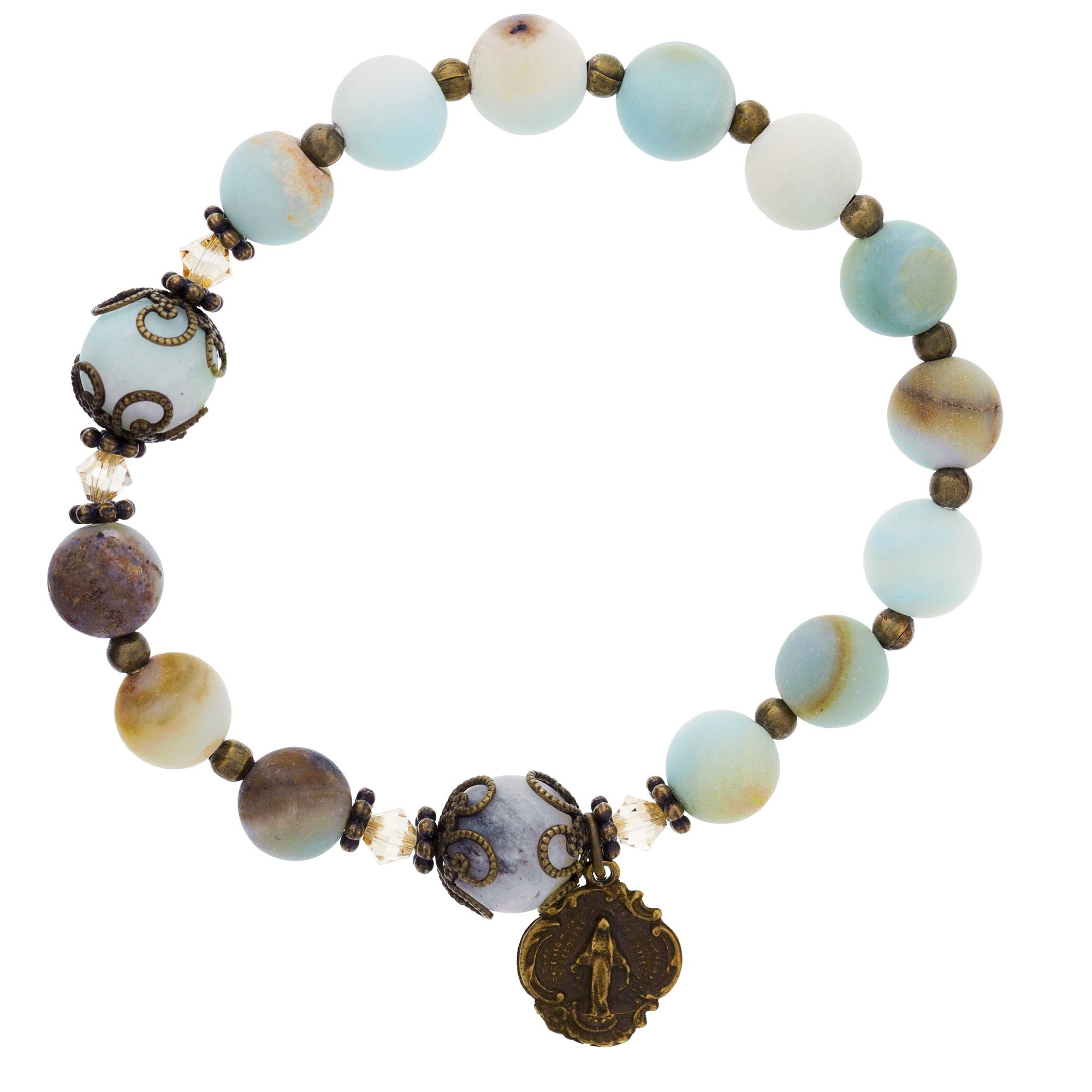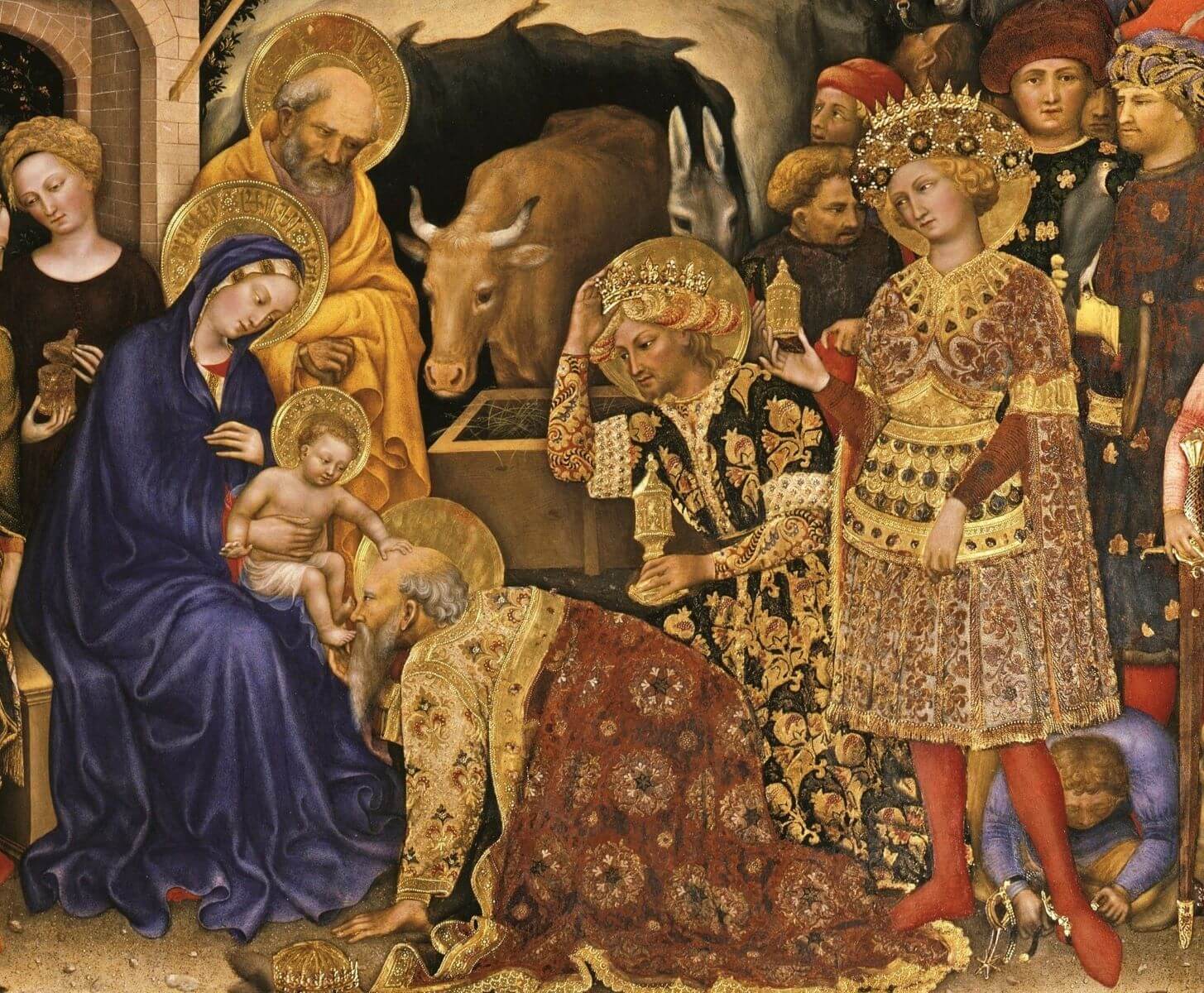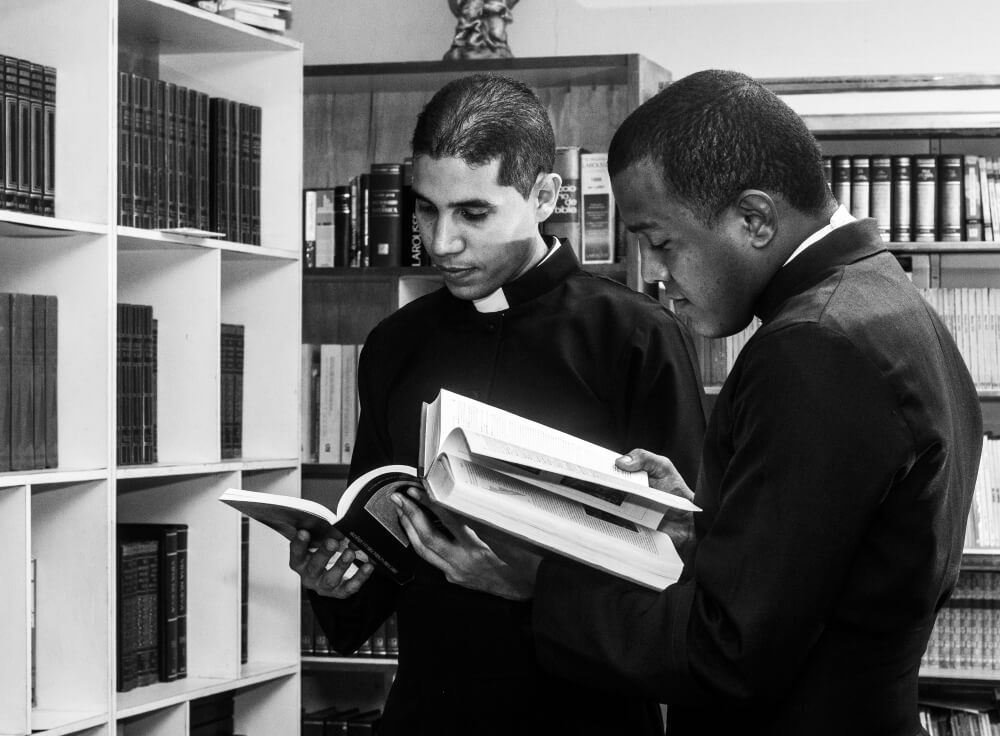Your Protestant friend is having coffee with you again and he’s brought another big question with him.
He takes a sip of coffee, pauses, and says, “The Deuterocanonical books are really just apocrypha added by Catholics in 1546. The Bible has 66 books, not 73.”
Good question. But you don’t need to worry—you’re ready for this. You’ve been getting a steady diet of Get Fed and can answer this question easily!

The claim that the seven books of Tobias, Judith, Baruch, Ecclesiastes, Wisdom, and Maccabees I and II (sometimes called the “Deuterocanonical” books) were added in 1546 is a myth that arose after the Protestant Revolt.
These books were not added in 1546. The oldest complete form of the Old Testament, a Greek translation called the Septuagint, contained these seven books (which were originally in Greek).
When the Church finalized which books made up the Bible at the Council of Rome in 382 A.D., she declared the Septuagint to be the official Old Testament. This decision was ratified in subsequent Church councils, with the last ratification taking place at Trent in…1546. The Church was not adding any new books—she was simply affirming the books that had been there all along.
The truth is that Luther and other Protestant revolutionaries removed these seven books because they went against incorrect Protestant teachings. In reaffirming the proper canon, the Council of Trent was responding to this innovation.
Interestingly, the 73-book version of the Bible remained predominant through the Protestant Revolt. In fact, the King James Version of 1611 contained all seven of the Deuterocanonical books!
Do you want to read the Bible, but don’t know where to start? Over at Good Catholic, we have just the thing for you. Our digital course How To Read The Bible is your introduction to reading the Word of God. Through fascinating videos and articles and Scripture-reading assignments, you’ll not only be reading the Bible—you’ll be understanding and enjoying it! Sign up today at Good Catholic!
























